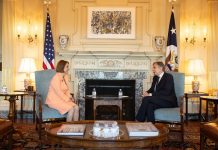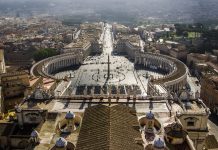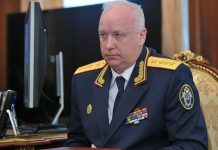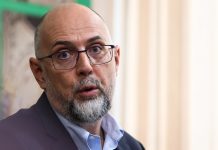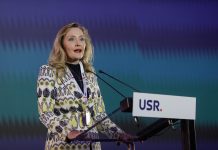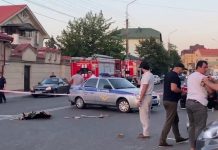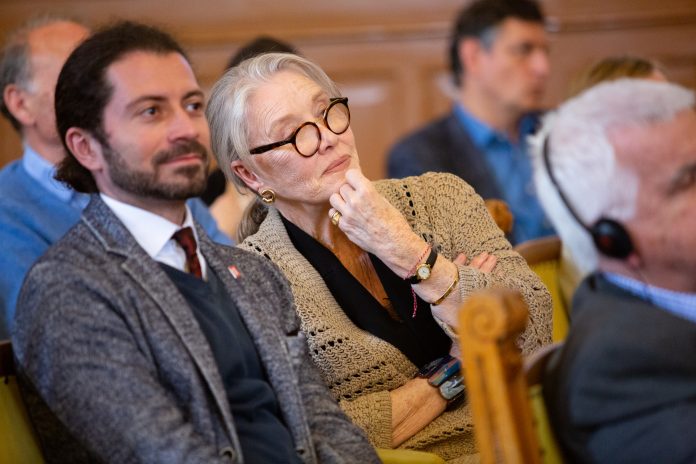Visitors trek to the small town of Turda in the heart of Transylvania for its salt mine and to hike to its gorge.
But the town of 40,000 now finds itself on the map for another reason. In recent years, it has been turning into a regional hub for democracy and debate, a motor for the change taking place in Romania in recent years.
That’s thanks to work and programs carried out by the Ratiu Forum, inspired by the late politician Ion Ratiu, who promoted patriotism and a global vision of the world in which Romania played a part.
In that spirit, the Ratiu Forum and the London School of Economics and Political Science partnered for a journalism master class this weekend.
Two days of debate held at the Ratiu’s sprawling property in the old part of the town were led by John Lloyd, a Financial Times journalist who co-founded the Reuters Institute for the Study of Journalism at Oxford University.
Prof. Christopher Coker, a writer and professor of International Relations and director of LSE IDEAS participated in the event, as did Prof. Michael Burleigh, a respected British historian who has written several books on Nazi Germany.
I was one of the journalists from Romania, Poland, Hungary and Britain who took part in the debates over two days which touched on reporting in Central and Eastern Europe, covering corruption, the so-called post-truth world, and ‘dark spaces in journalism’ _ topics which are difficult to cover due to restricted access or social taboos.
Thirty years ago, Lloyd was in Romania to cover the collapse of the regime of late Communist leader Nicolae Ceausescu. He agreed to speak to me before dinner at the end of two days of intense debate.
He said the master class initiative “was part of an exercise in looking at discussing one of the pillars of democracy, a free press and free speech.”
He said he was impressed by the “sophistication of Romanian journalists, their English was quite remarkable. Also, they themselves had already thought out why they were in the trade, which is badly paid and comes with lots of pressure.”
“They are there because they want to do it, they are not spoiled like some Western counterparts are say in Britain where we have big papers and centuries of history of developing as free press,” he said. “It must be delicate for journalists where (there is a history) of tyranny which suppressed the media.”
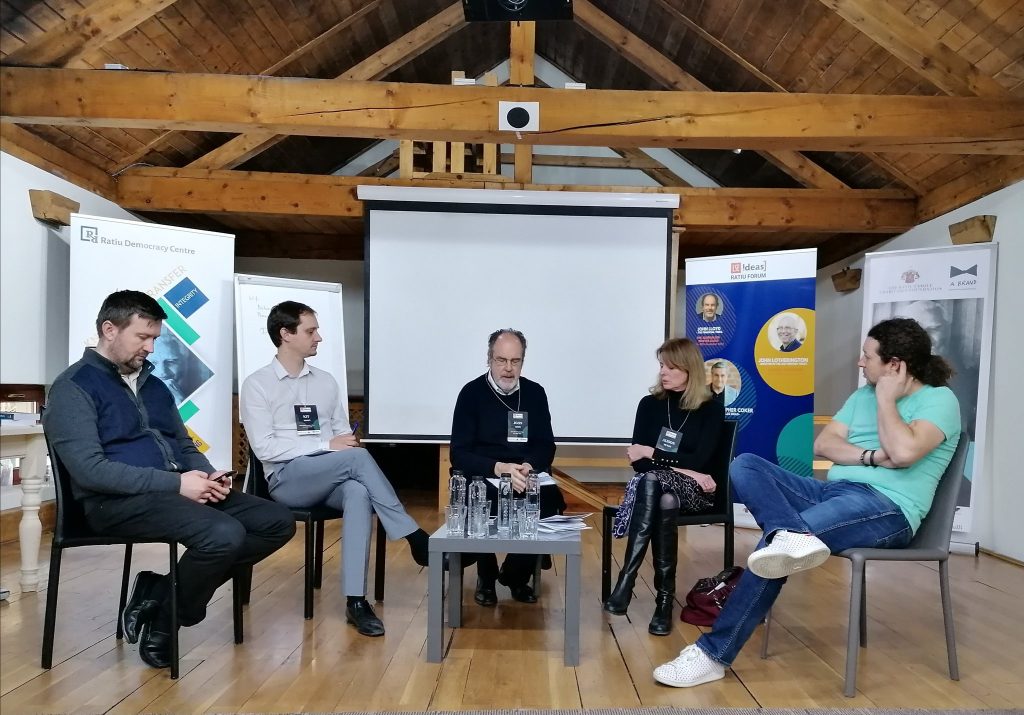
Prof. Coker told me after the event that LSE IDEAS was developing a strategy plan for the Ratiu Foundation to have a greater impact in the region. He said the university’s involvement was “second nature” for the LSE, Britain’s most cosmopolitan university.
“We have a business model and strategy and we will send people out to facilitate.”
London-based Vlad Zigarov, who works at LSE IDEAS, and has been appointed director of the Ratiu Forum, has become increasingly optimistic about his home country in recent years.
“Romania should be proud of its democratic and liberal values through civic engagement, that happened spontaneously,” he said over morning coffee, referring to protests that began in 2014 against the Rosia Montana gold mine and three years later transformed into anti-corruption demonstrations.
However, “you can’t have a democracy and a liberal society without having achieved security, as Romania did with NATO. „
If the ideas have their roots in the West, the weekend’s hospitality blended Romania’s best and American style and expertise. Pamela Roussos Ratiu, the LA-born wife of Indrei Ratiu, Ion Ratiu’s eldest son, arranged a wine tasting session of some of the country’s choicest wines with Alina-Maria Binder, the wife of Prince Nicolae, creating a pleasant atmosphere ahead of the gritty debates.
Mrs. Roussos Ratiu brought a British chef from London, Beverly, who prepared Romanian ‘ciorbas’, and dishes such as boeuf bourguignon or goulash made with locally-sourced food, and British favorites, lemon meringue pie and cheesecake, washed down with Romanian wine and Italian grappa.
“We have the premises to create an environment where people can come and have debates… John Lloyd has the expertise to read the room and set the tempo. It is important to interact with the audience, which is a more collaborative approach,” she said.
And the debates go on. Next year, the Ratiu Dialogues on Democracy has invited Prof. Coker to design a series of lectures to “strengthen discussions and visions on democracy,” to discuss challenges facing Romania and other countries in the region.
The Ratiu Foundation (the Ratiu Forum is an offshoot) was established in 1979 when Romania was under communist rule and isolated from political, cultural and social developments of Europe and the wider world.
Mr. Ratiu may not have been elected president in 1990, but his vision has outlived him and a remains a benchmark for civic society. His dream that Romania would find its way back into the European mainstream is slowly becoming reality.


